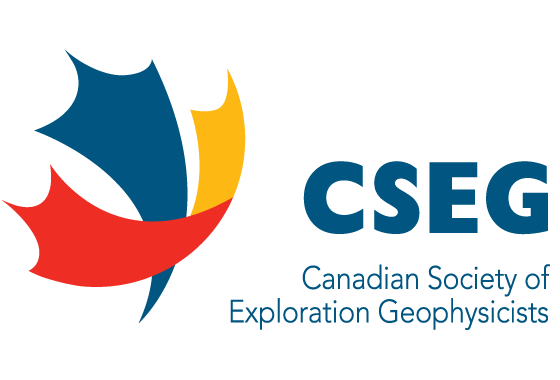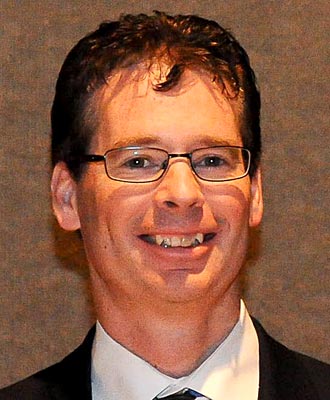To attend, please RSVP to epp@cseg.ca.
Unless we have exceeded the allowable number of people for the auditorium, we will not be replying to your email.
LunchBox Geophysics is free! Simply bring your own lunch (refreshments provided) and enjoy.
Abstract
APEGGA (the Association of Professional Engineers, Geologists and Geophysicists of Alberta) published its Guideline for Ethical Use of Geophysical Data v1.0 in May of 2010 in response to industry feedback. The Guideline speaks for APEGGA. As members of the Canadian Society of Exploration Geophysicists (CSEG), we take a practical look at the guideline from a CSEG perspective. APEGGA developed the Guideline in response to issues concerning the business use of licensed geophysical data in the oil and gas industry, with the intent of clarifying the responsibilities of professional members when dealing with various ownership classifications of such data. The most difficult of these issues were found to centre on what parties can or cannot do with licensed data. We discuss some of the more important or contentious issues addressed in the Guideline, the Guideline's positions on those issues and their ramifications. As members of the CSEG, we also offer what we feel are practical suggestions relative to APEGGA's Guideline, one of which is a proposed re-examination by the CSEG of its 2001 Master License Agreement (MLA).
Biography
Lee Hunt was the 2011/2012 CSEG Distinguished Lecturer. Lee is an Ironman triathlete. He graduated from the University of Alberta with a B.Sc. in geophysics in 1990, after which he started his career working for PanCanadian Petroleum Ltd. His experience ranges from interpretation to managing a business unit, and he has conducted numerous winter access only drilling campaigns in NEBC and Northern Alberta. He has drilled over 300 wells in most of the play types within the Western Canadian Sedimentary Basin. These drilling experiences include heavy oil, shallow gas, deep carbonate exploration, deep basin, Peace River Arch, Saskatchewan and Manitoba oil, and include vertical as well as horizontal drilling. His work has focussed on performing quantitative analysis of multiple attenuation, resolution enhancement, depth and geo-hazard predictions, AVO, AVAz, VVAz, curvature, and the prediction of fluid, lithology, porosity, fracture treatment characteristics, and production.
Lee and his co-authors won Excellence of Oral Presentation for the 1997 SEPM Convention, the 2000 CSEG Convention Best Paper Award, the 2008 CSEG Convention Best Geophysical Abstract, the 2008 CSEG Best Technical Luncheon Talk, the 2010 CSEG Convention Best Geophysical Oral Presentation, the Best Exploration Paper at VII INGPET in 2011, and Honorable Mention for Best Paper in The Leading Edge in 2011. He was a participant in the creation of the CSEG MLA, APEGGA's Q.I. Practise Standard, as well as APEGGA's Guideline for the Ethical Use of Geophysical Data.





